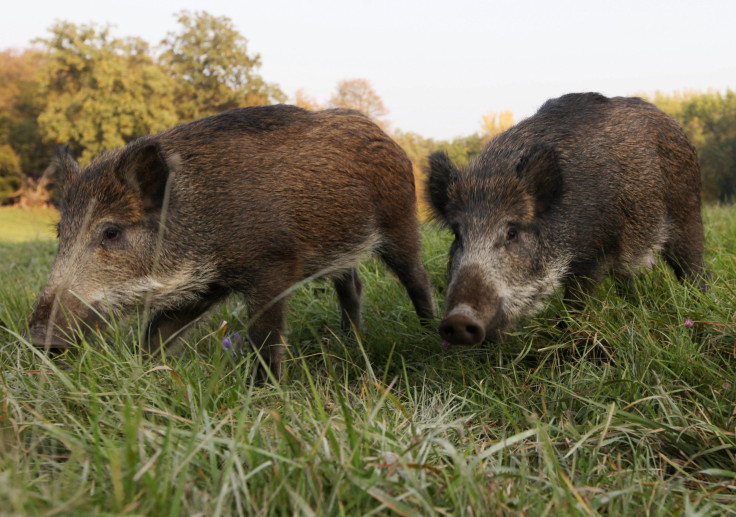Researchers Scatter Tons Of Pig Carcasses To Study Mass Die-Offs

KEY POINTS
- Researchers simulated a mass mortality event
- The experiment involved using pig carcasses
- Mass die-offs can have serious effects on the ecosystem
To study the ecological effect of mass mortality events, a group of researchers simulated an animal die-off by using the carcasses of dead pigs. According to the researchers, the study also sheds light on the possible effects of the mass animal die-offs currently happening in Australia due to the wildfires.
Animal die-offs can be triggered by a variety of factors. While some mortality events can be caused by man-made threats, others can occur naturally. Due to the scale of these kinds of events, they can have a lasting impact on the ecological features of an area.
To study the effects of mass mortality events, a team of researchers conducted an experiment that involved simulating an animal die-off. To ensure that the experiment was ethical, the researchers worked with wildlife biologists and professional trappers.
They decided to use the carcasses of feral pigs, which is regarded as an invasive species that is capable of spreading diseases, damaging crops and negatively affecting the local wildlife.
For the experiment, the researchers deployed almost 15 tons of pig carcasses in a field in Oklahoma. For several days, the researchers observed how the carcasses decomposed and attracted scavengers such as flies, maggots and vultures.
Through their study, the researchers discovered that mass mortality events can have long-term effects on the environment. For instance, the soil where the animals died can get poisoned as it’s exposed to the acidic body fluids, gases and liquefied remains of a decomposing carcass.
During mass die-offs, the level of toxicity in the soil could reach a point that’s enough to kill plants and trees.
Aside from these, the researchers noted that mass mortality events can have serious effects on the ecosystem of an affected area. Similar to what’s currently happening in Australia, the loss of hundreds or thousands of animals means the roles they play in maintaining the ecosystem would also disappear.
“In Australia, as much as half of the koala population in some areas have been killed by fire,” the researchers stated in an article on The Conversation. “Besides being a national symbol and source of ecotourism, koalas are important to the ecosystem as one of the few animals that can consume and recycle nutrients from eucalyptus plants.”
“The widespread death of koalas means a significant break in the food chain – nothing is left to eat eucalyptus,” they added.
© Copyright IBTimes 2025. All rights reserved.





















